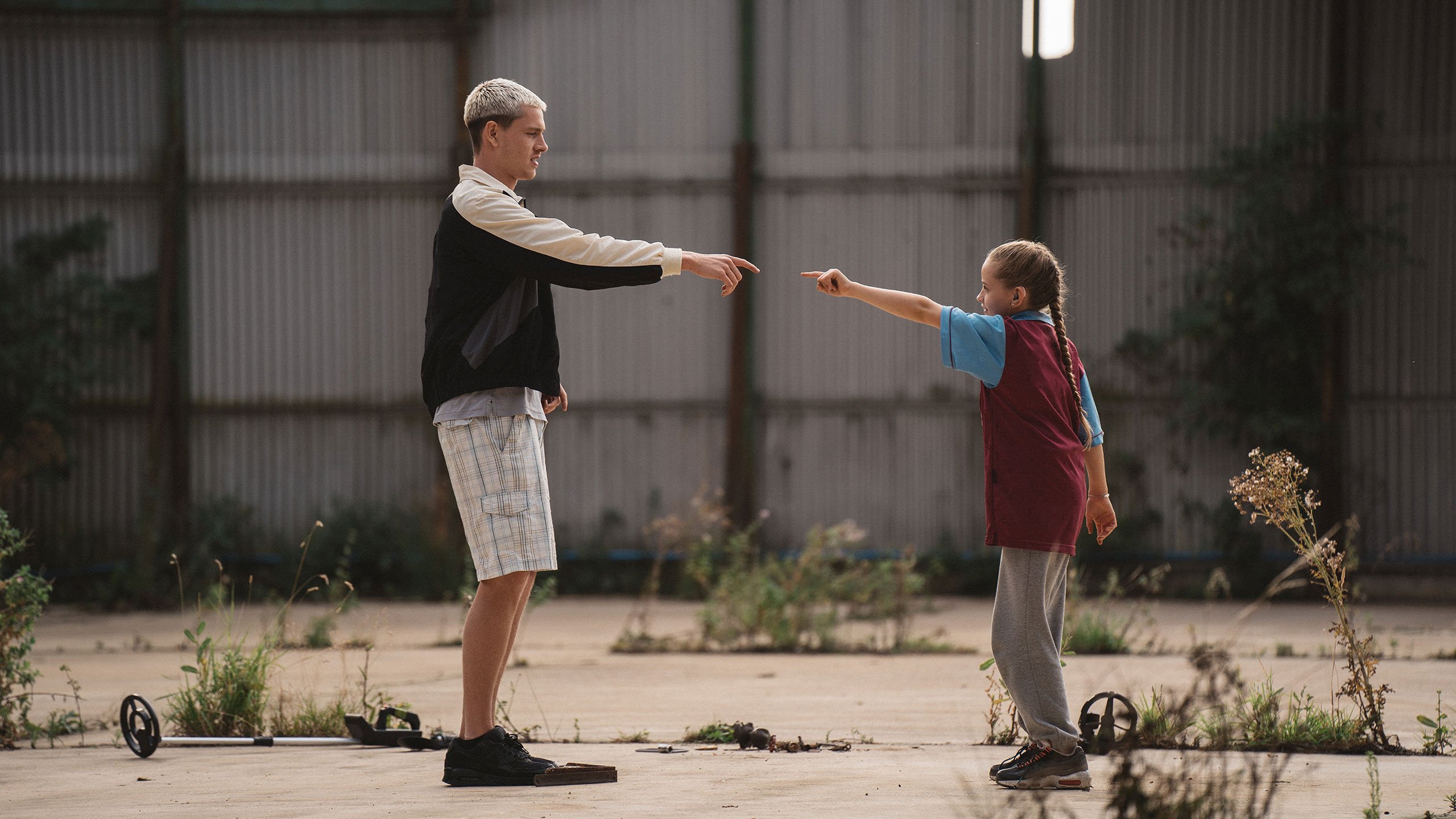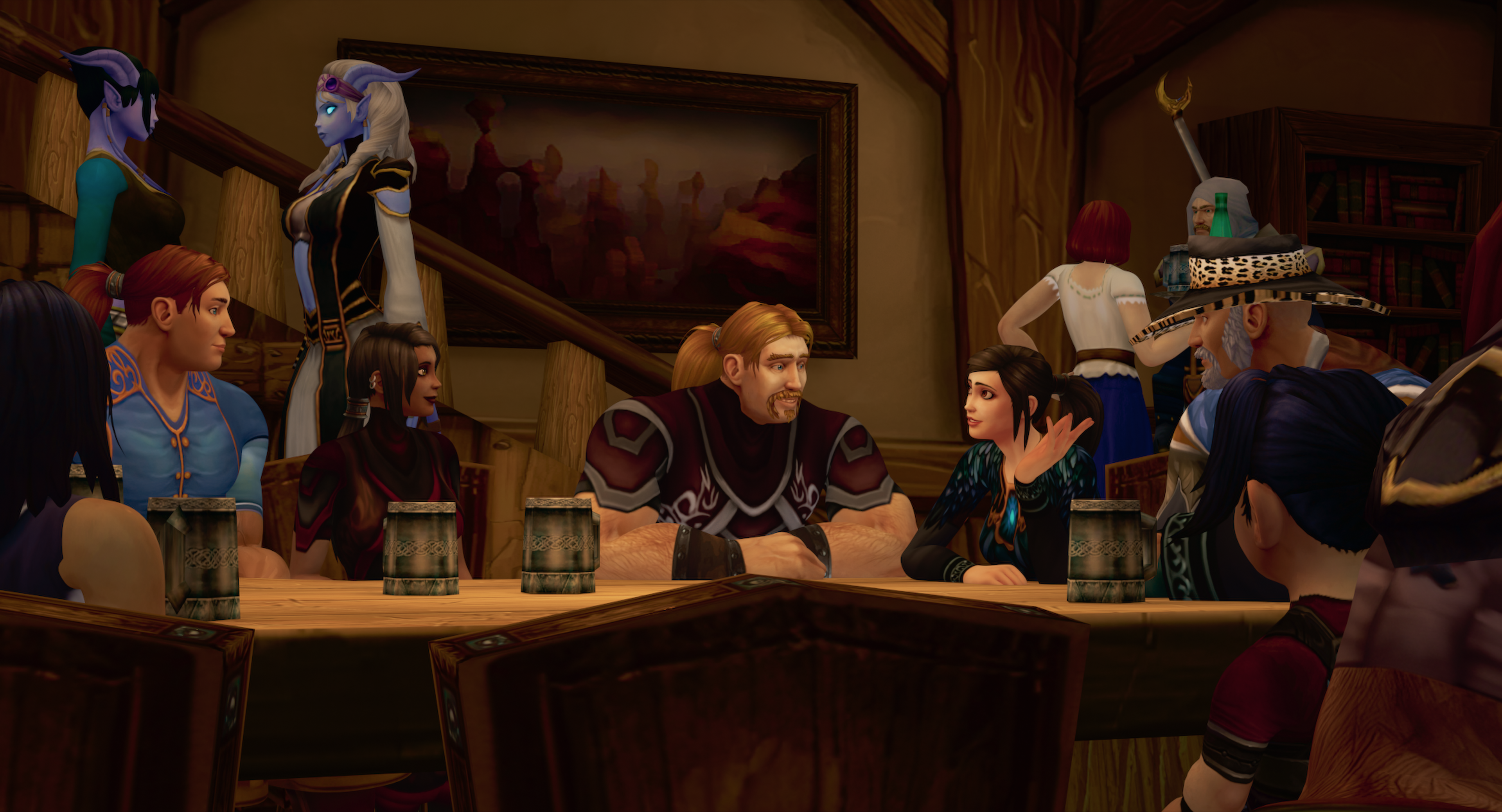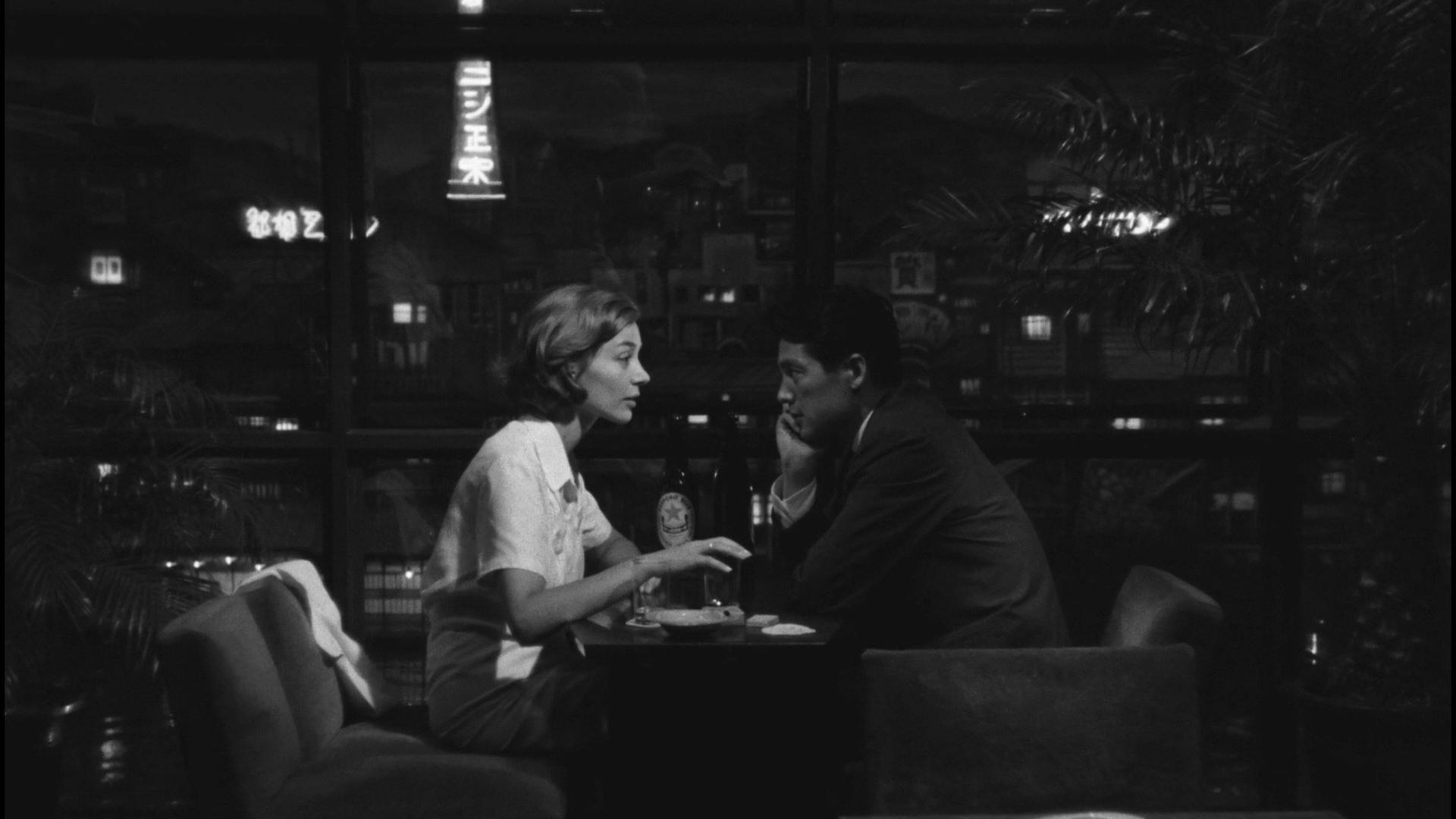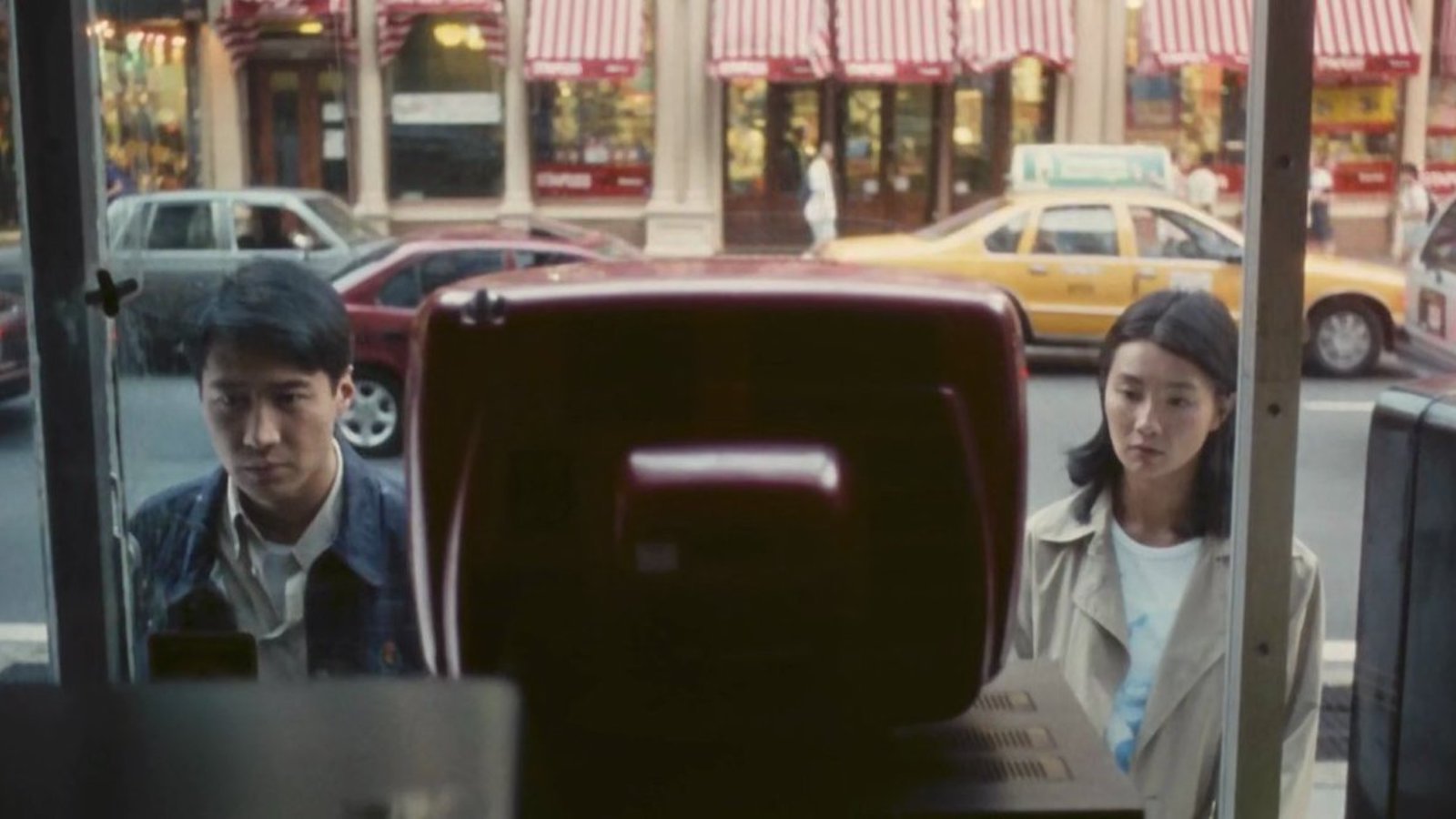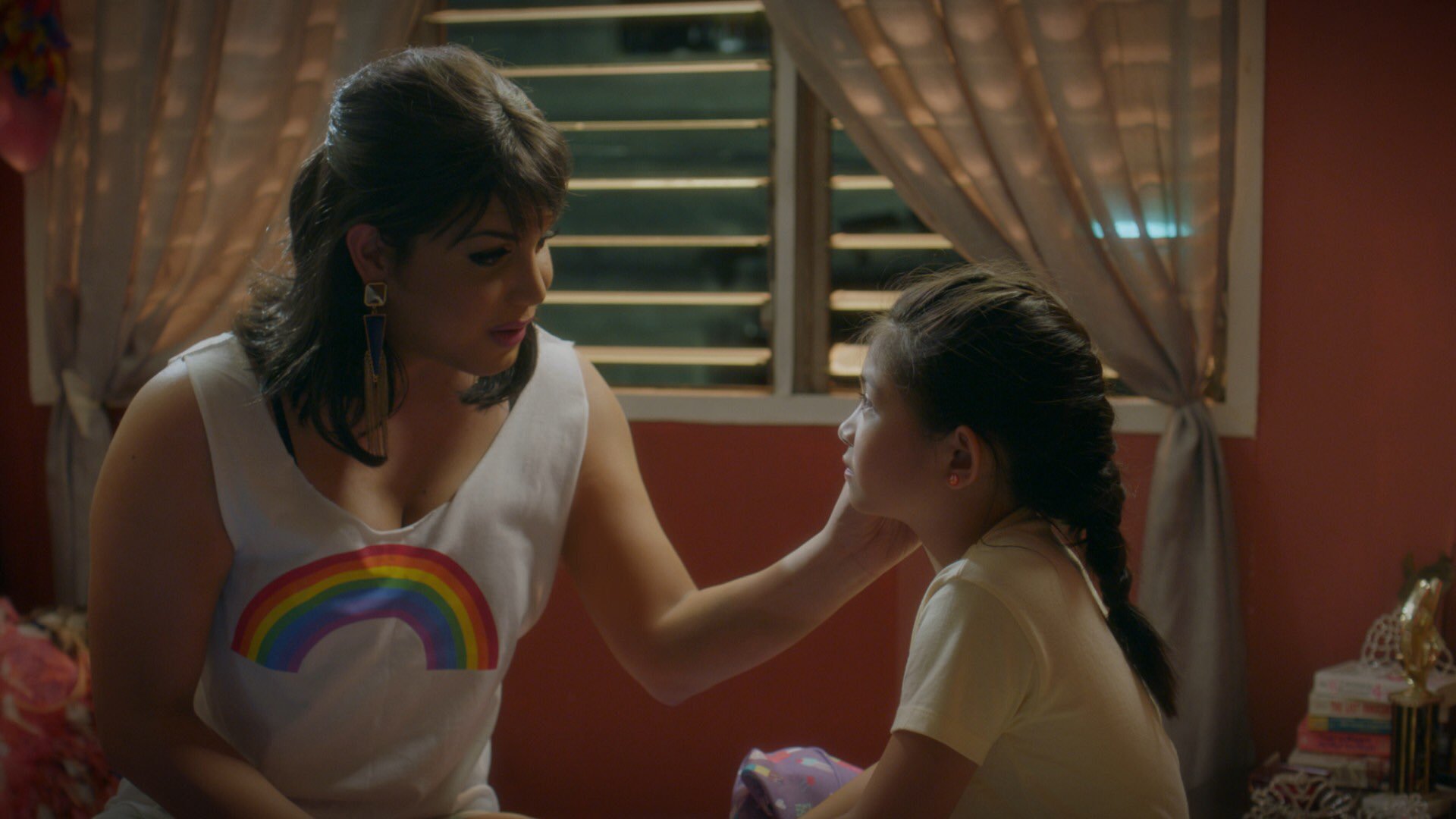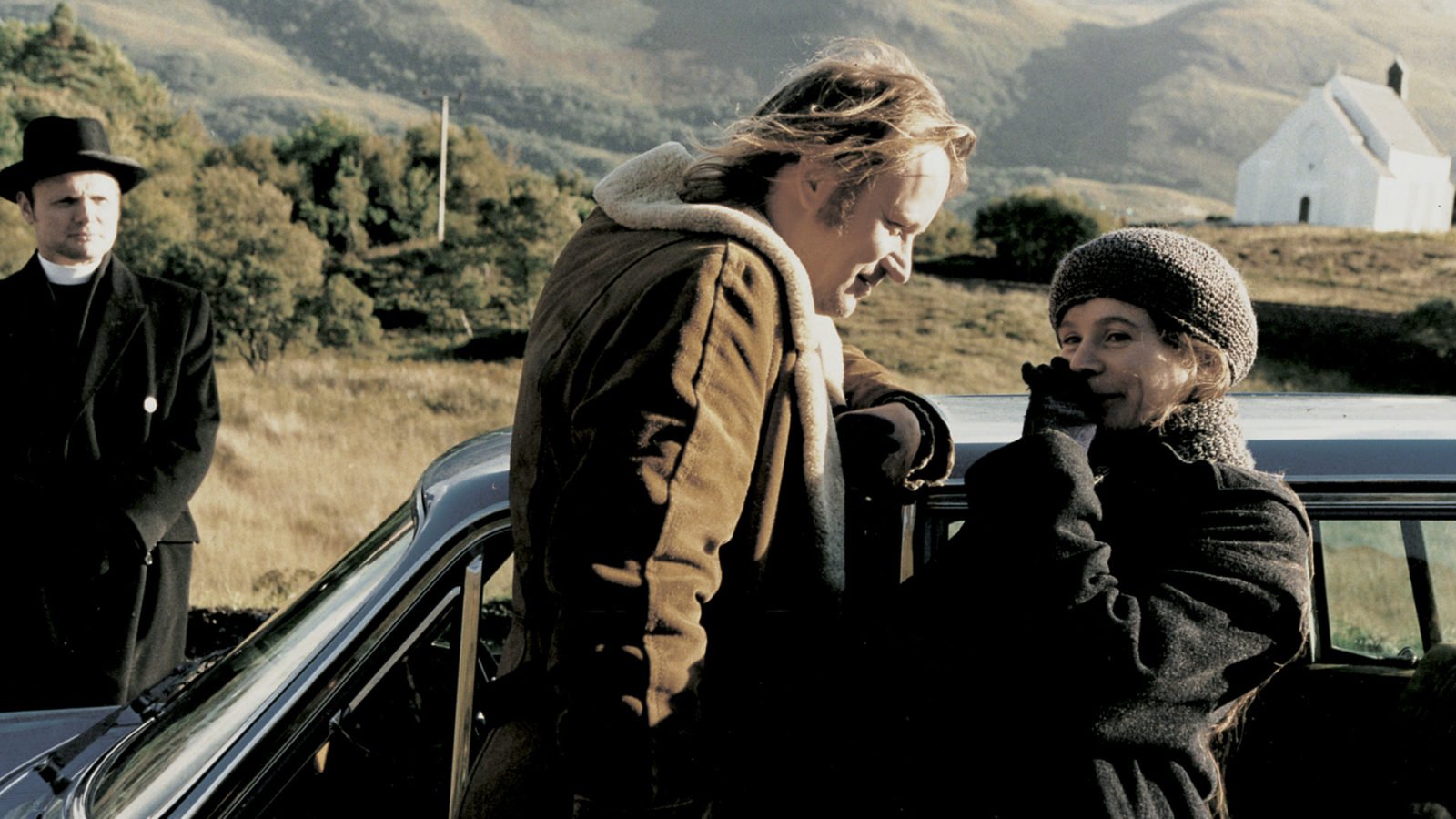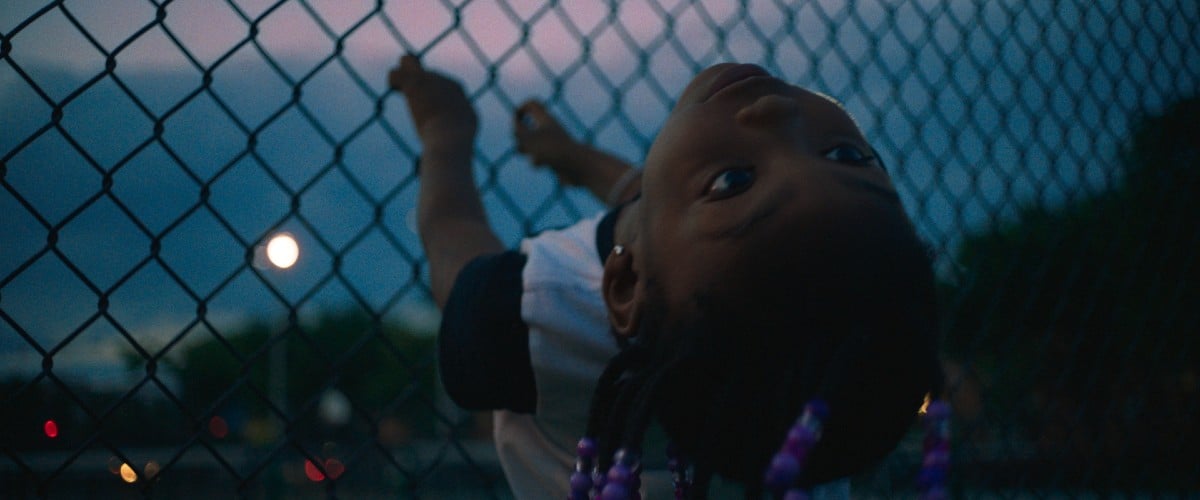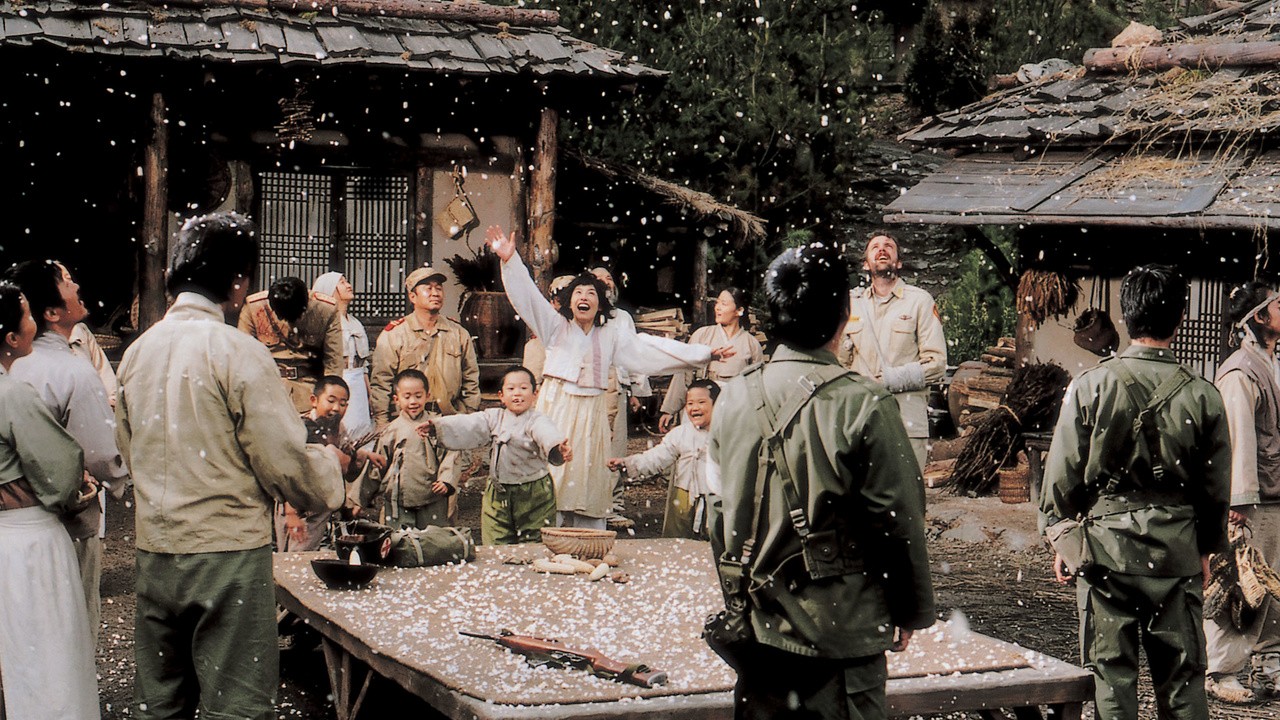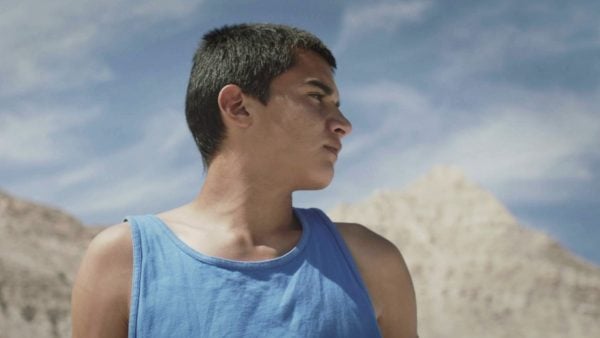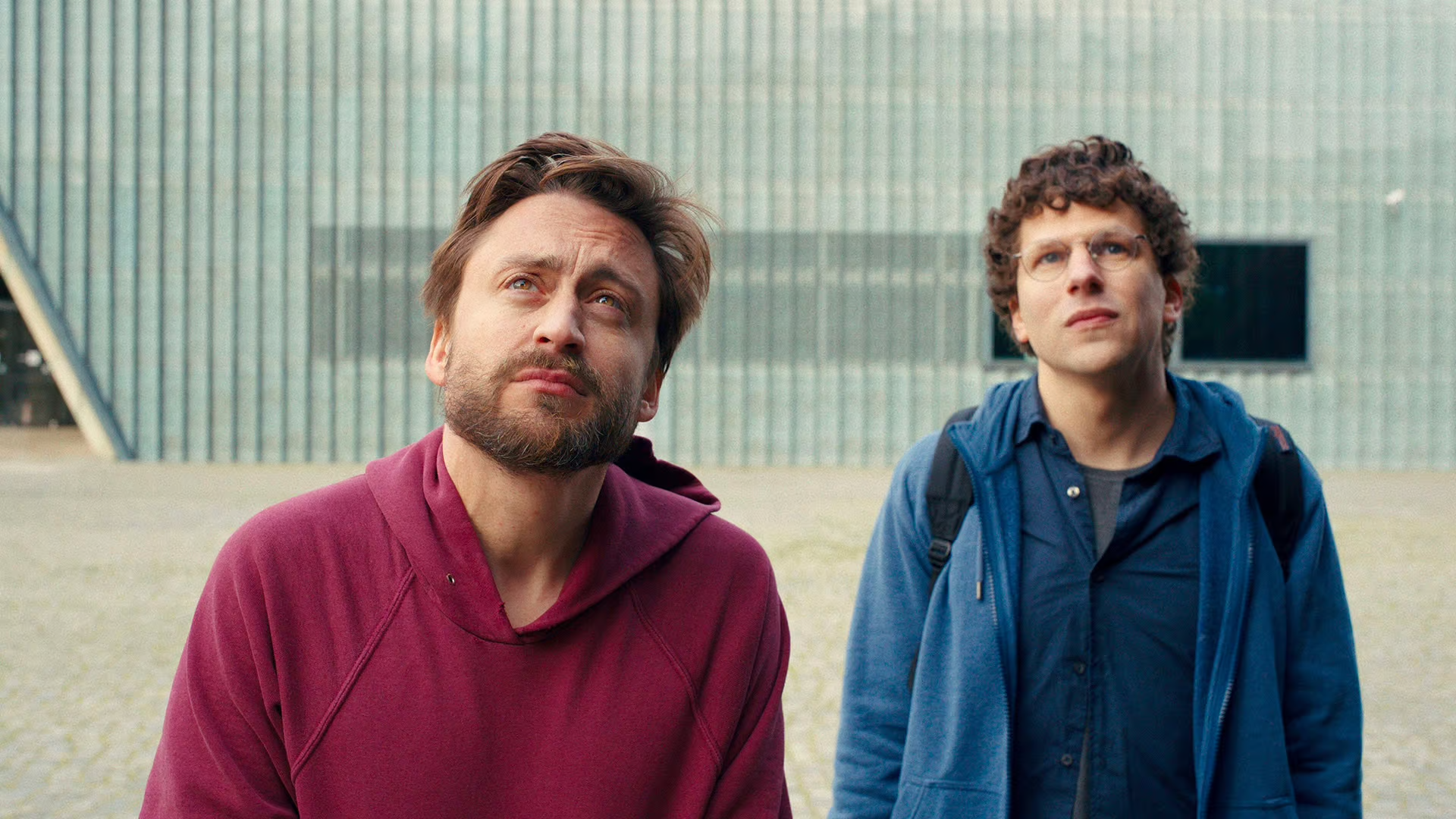
55 Films That Will Bring Tears to Your Eyes
January 16, 2025
Share:
Sometimes a good cry is just what the soul needs, and these films are guaranteed to evoke a torrent of emotions. From heart-wrenching dramas to poignant love stories and powerful character journeys, it’s time to be moved, inspired, and deeply touched as we explore the films that have the power to bring tears to your eyes. Whether it’s tears of joy, sorrow, or profound empathy, these stories will leave an indelible mark on your heart, reminding you of the beauty and fragility of the human spirit. Grab your tissues and prepare for an unforgettable cinematic experience.
Read also:
31. Scrapper (2023)
Genres
Director
Actors
Moods
Be prepared to have the expectations you form after reading Scrapper’s synopsis shattered: though it is about a 12-year-old dealing with grief following her mother’s death, it’s remarkably upbeat. It gets that quality by positioning itself in the buoyant headspace of young Georgie, a resilient, cheeky youngster who retains much of her whimsical childlike spirit in spite of her profound bereavement. Director Charlotte Regan’s debut feature is bursting with imagination: there are surreal stylized touches all over the movie, from talking video-game-style spiders to magical realist metaphors of Georgie’s grief.
That’s not to say that Scrapper is flippant about the inherent tragedy of its story, though. As in The Florida Project, you can feel the escapist motivations of Georgie’s colorful imagination, which only deepens the poignancy of her situation and the precarious relationship she forms with her father, a barely-old-enough manchild who only makes an effort to meet Georgie after her mother’s death. Amidst all the intentional artificiality of the filmmaking, their largely improvised interactions never ring false — a dynamic that’s also crucial to making the movie feel genuinely touching and real rather than saccharine and shallow. A very impressive debut, and a much-deserved recipient of Sundance’s World Cinema Grand Jury prize and a whopping 14 nominations at the BIFAs.
32. The Remarkable Life of Ibelin (2024)
Genres
Director
Actors
Moods
In the first twenty minutes, The Remarkable Life of Ibelin seemed to be quite unremarkable, with the usual way a biographical documentary would go, that is, loved ones waxing poetic about how great the dead person was in life. But the documentary takes this to introduce Ibelin the same way his parents discovered the online life Mats Steen lived. It’s a unique documentary, mixing in the usual home videos with the animated gameplay of the archived life Steen lived in Ibelin, but it’s grounded by, and somewhat co-created through the words Steen himself typed about his life as a disabled man, and the game history he shared with the community he formed online. The Remarkable Life of Ibelin ends up being quite a remarkable depiction of living online, that feels much more honest, human, and creative than the condescending or cautious narratives we’ve previously heard about the online world.
33. Hiroshima Mon Amour (1959)
Genres
Director
Actors
Moods
While initially commissioned to be an atomic bomb documentary, Hiroshima Mon Amour became something entirely different. For starters, it’s not a documentary, with director Alain Resnais recruiting author Marguerite Duras to write the screenplay, but it was pretty unusual for a narrative film at the time. It’s a love story, yes, but with such a poetic introduction of the two lovers going back and forth about what they know and don’t know about the bomb, pairing their discussion with archival footage and captivating scoring, Resnais created a new, non-linear cryptic style to capture how memory, grief, and loss irrevocably shaped a generation. Hiroshima Mon Amour was an unexpected shift, eventually becoming one of the most influential films of the French New Wave movement.
34. Comrades, Almost a Love Story (1996)
Genres
Director
Actors
Moods
There are connections we make in this lifetime that we expect to be ephemeral, especially in a new city, but sometimes these connections end up being the most meaningful relationship to us. For Jun in Comrades, Almost a Love Story, street smart Qiao is that connection. As she teaches Xiao Jun in Hong Kong city life, they both edge closer to being lovers and Hongkongers, but not quite enough to receive the title. And as fate separates them and fate (and Teresa Teng) brings them together, Comrades, Almost a Love Story crafts quite a memorable romance that stems from a shared dream of finally moving up in the world.
35. Casting Blossoms to the Sky (2012)
Genres
Director
Actors
Moods
As time goes by, the youth doesn’t recognize how connected they are to previous tragedies, more so when it comes to war. Some even say that they have no part in it. Nobuhiko Obayashi’s later years have been preoccupied in countering this idea. Casting Blossoms to the Sky is the first of Obayashi’s anti-war trilogy, with the film inviting its audience to follow a journalist rediscovering the city of Nagaoka after the 2011 Tohoku earthquake. There’s a certain dreamlike approach to the way the various war stories are weaved together, with vibrant frames, simple CGI, and prominent green screen that grants some distance between the audience and the actual wartime reality, but it’s no less potent as Reiko interviews those that remember the scars of the past, and the rituals, practices, and art they’ve taken up in response. Casting Blossoms is a depressing story about war and disaster, one that is a tough one to watch. But it never forgets the humanity, the kindness and love that allowed Japan to recover, the very qualities we must protect and remember in ourselves.
36. Die Beautiful (2016)
Genres
Director
Actors
Moods
It is hard to be unmoved by how Die Beautiful defies conventions and explores the essence of identity, acceptance, and resilience. Centered around the life of Trisha, a transgender woman with a passion for beauty pageants, the film takes us on a rollercoaster of emotions as we witness Trisha’s life unfold, both in joyous moments and in the face of painful degradation and assault. The film seamlessly weaves together humor, tenderness, and raw vulnerability, delivered stunningly by its lead, Paolo Ballesteros. With other films such as Kalel, 15 and Bwakaw under his belt, director Jun Lana continues to meld reality with hope, injecting kindness and heart into much-needed queer stories.
37. Breaking the Waves (1996)
Genres
Director
Actors
Moods
While being known for co-writing the Dogme 95 manifesto, Lars von Trier’s first film after breaks his rules with built sets and music added in post. Still, Breaking the Waves has plenty of von Trier’s thematic preoccupations, challenging the notions between faithfulness and sexuality by positing a married couple who cannot indulge in marital pleasure, due to being paralyzed. While the premise leads to explicit scenes, it’s more harrowing than sexy, really. It’s terribly heartbreaking as Bess does all she can for her marriage, first by praying for her husband’s return, and then following his perverse wish, partly from guilt, but partly from pleasure, even when it goes contrary to her repressive church and community. Breaking the Waves may not be an easy watch, but regardless of what you personally feel about the morality of Bess’ actions, von Trier will nevertheless bring you to empathy.
38. Daughters (2024)
Genres
Director
Moods
There are three threads in Daughters that directors Natalie Rae and Angela Patton weave beautifully together. The first thread follows the incarcerated men who gather every week to talk about fatherhood, mostly, because of the program that they’re in, but also: masculinity, race, systemic poverty, social mobility, and the skewed prison system in America. The discussions are raw and enlightening. “This isn’t normal, that we’re all in here,” one of the men wisely says, and it feels special to witness that moment of shared empowerment. The second thread follows the daughters, whose ages range from 5 to 15. In line with the film’s honesty, it shows us girls who miss their fathers and girls who don’t; girls who know everything about them and those who can’t even remember their faces. One is oblivious, the other suicidal. This part is enlightening in a different way: you hope the kids are too young to realize what’s going on, but that’s almost never the case. The final thread is where the two others meet: it offers the most heartbreaking parts of the film, but also the most beautiful. Both parties dress up, take pictures, move on the dancefloor, and say their inevitable goodbyes, and all this is captured in the same darklit, grainy color as the film cameras the fathers and daughters are given to document the dance. The direction and editing is artistic, but never in a gratuitious way. Instead, like other parts of the film, it’s filled with gentleness and empathy.
39. Welcome to Dongmakgol (2005)
Genres
Director
Actors
Moods
War changes the way we view people from the other side. On the most fundamental level, seeing an enemy combatant can mean death, but this eventually bleeds out into anger and hatred towards the enemy, because of the loss, the pain, and the fear war tends to wage. War drama Welcome to Dongmakgol understands this, but rather than delve into the painful separation of the Korean peninsula in ways that have been depicted before, the film instead plucks a few soldiers from both fronts and drops them into an isolated village far from the battleground. This scenario is quite unlikely, after all, the mountainside town without technology would probably not be as idyllic as portrayed. Nevertheless, it’s an interesting thought experiment to see the simple, straightforward peace that was forgotten with foreign intervention and global geo-politics. Welcome to Dongmakgol can be quite goofy at times– see the green screen wild boar scene– but the comedy is a standout anti-war film because of its optimism towards human nature.
40. Songs My Brothers Taught Me (2015)
Genres
Director
Actors
Moods
This slow-burning drama is set in an Indigenous reservation in South Dakota, where Johnny is a teenager who dreams of moving to L.A. with his girlfriend. He would have to leave behind his little sister, who is just grappling with the recent loss of their father.
Director Chloé Zhao (The Rider, Nomadland) worked with amateur actors whose lives mirror the characters, often adapting the script to the actors’ stories. She filmed 100 hours of footage that she then distilled into an hour and a half.
The result is a film shot from the outside but which is grounded in local stories. And these stories are rough, sad, complex – but so important to listen to and understand. It’s an incredible feat to make an observational film that’s so grounded in reality – only a genius could: that’s Chloé Zhao, and this mature work is -somehow- her first feature film.
Comments
Add a comment
Ready to cut the cord?
Here are the 12 cheapest Live TV streaming services for cord-cutting.
More lists
Lists on how to save money by cutting the cord.
Curated by humans, not algorithms.
© 2025 A Good Movie to Watch. Altona Studio, LLC, all rights reserved.
